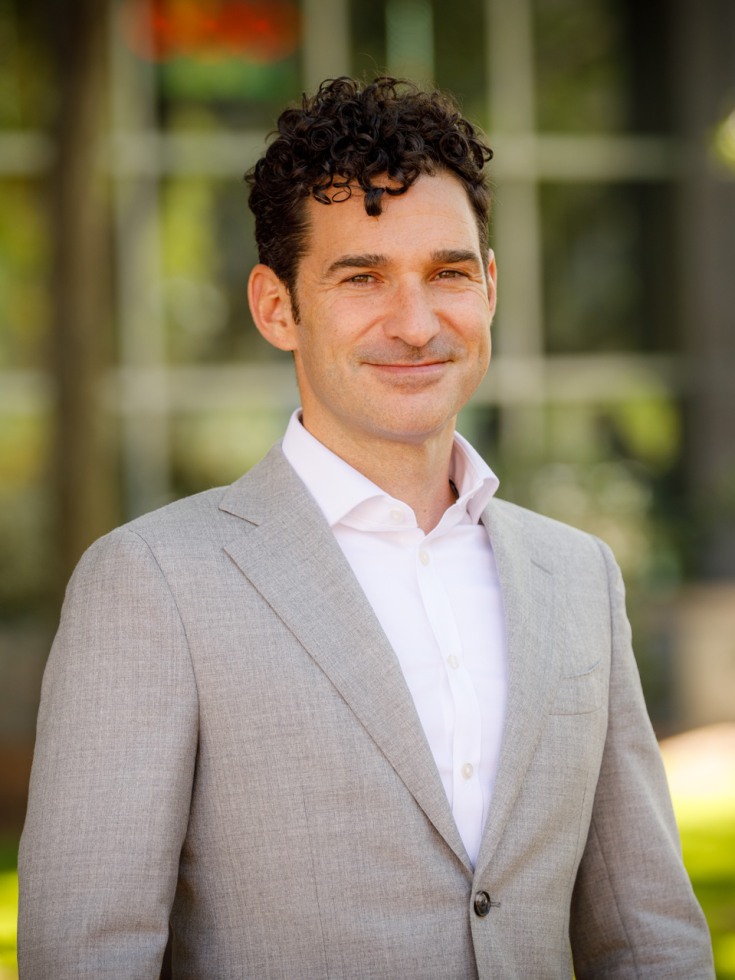You may have heard about Dean Jha’s mission to bring more public health practitioners to Brown; experts with many years experience in the field, rather than traditional academic scholars. Having aided in public health crises around the globe, including during Ebola outbreaks in Guinea, Dr. Craig Spencer was an early Jha recruit. But Dr. Spencer, an emergency room physician and associate professor of the practice of health services, policy and practice, not only has firsthand experience with humanitarian responses and the complexities of working with global communities. He is also an experienced teacher.
The course he taught this fall at the School of Public Health, PHP 2700 Lessons (Un)Learned in Public Health and Humanitarian Response: A Historical Perspective, he has taught before at Columbia University and in Paris at Sciences Po. Each time Spencer teaches the course, which examines historical humanitarian crises around the world, it is shaped by discussion and open dialogue between students.
“The coolest thing about the course is that it thrives on discussion among students,” he said. “It forces me to think about things anew every time I teach it. At the end of it, I think students come out of the class not only with historical knowledge, but with a new way to think about how they see, value and approach making change in public health.”
